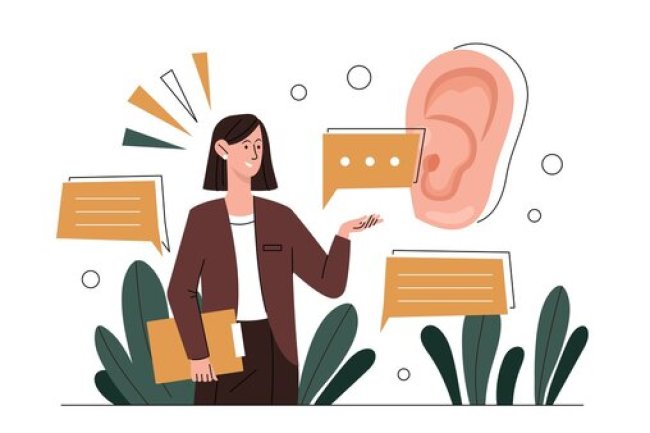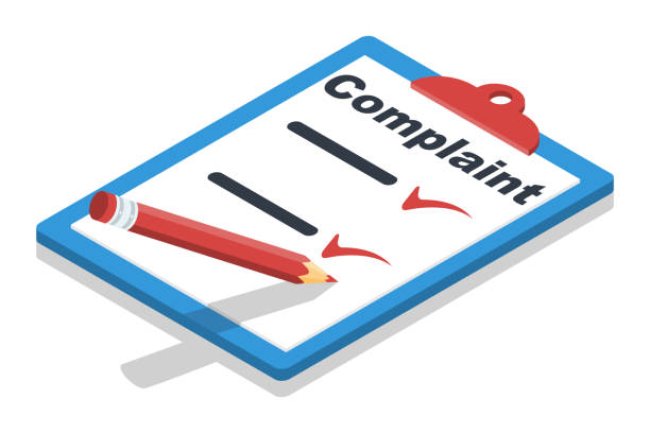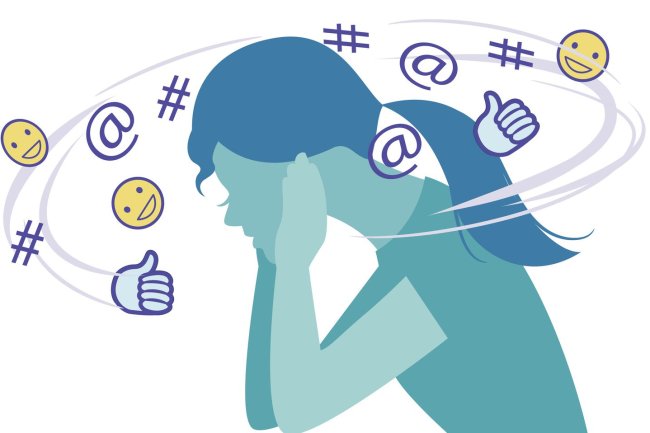Business Communication
Business communication means sharing information within a company or with clients in a clear and professional way, so work runs smoothly and goals are achieved.
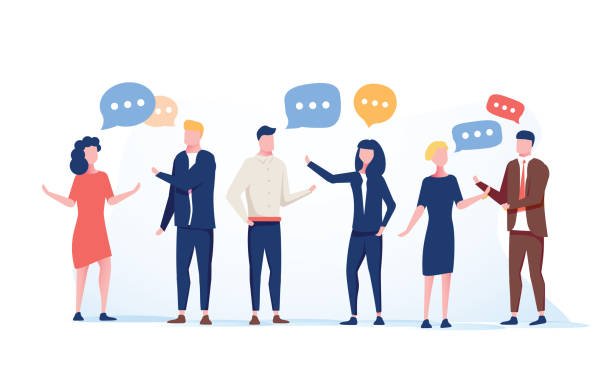
What is Communication ?
Communication is a process where people share information, ideas, thoughts, and feelings. It involves sending a message from one person (sender) to another (receiver) with the goal of understanding.
The word "Communication" comes from the Latin word “Communis” meaning “common” or “to share”.
Simple definition:
Communication is the transfer of information from one person to another so that it is understood.
Elements of Communication Process
Sender :- The person who starts the communication
Message :- What is being communicated (idea, information, feeling)
Encoding :- Turning the message into words, symbols, or gestures
Channel :- The medium used (email, speech, letter, phone, etc.)
Receiver :- The person who receives and interprets the message
Decoding :- Understanding the message
Feedback :- The receiver's response
Noise :- Any interference or barrier during communication
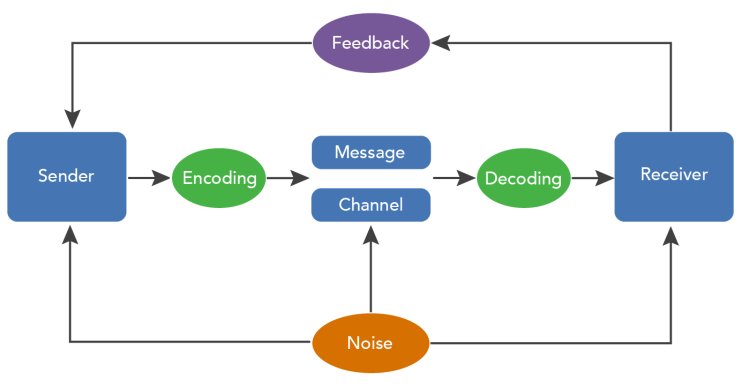
Types of Communication
(A) Based on Channel:
1. Verbal Communication:
Spoken (face-to-face, telephone, video call)
Written (letters, emails, reports)
2. Non-verbal Communication:
Body language (posture, gestures)
Facial expressions
Eye contact
Tone of voice
3. Visual Communication:
Charts, diagrams, graphs, posters, infographics
(B) Based on Direction:
- Upward :- From subordinates to managers (e.g. reporting)
- Downward :- From managers to subordinates (e.g. instructions)
- Horizontal :- Between colleagues of the same level
- Diagonal :- Across different levels and departments
(C) Based on Formality:
- Formal Communication :- Official, structured (e.g. memos, reports)
- Informal Communication:- Casual, friendly (e.g. chit-chat, grapevine)
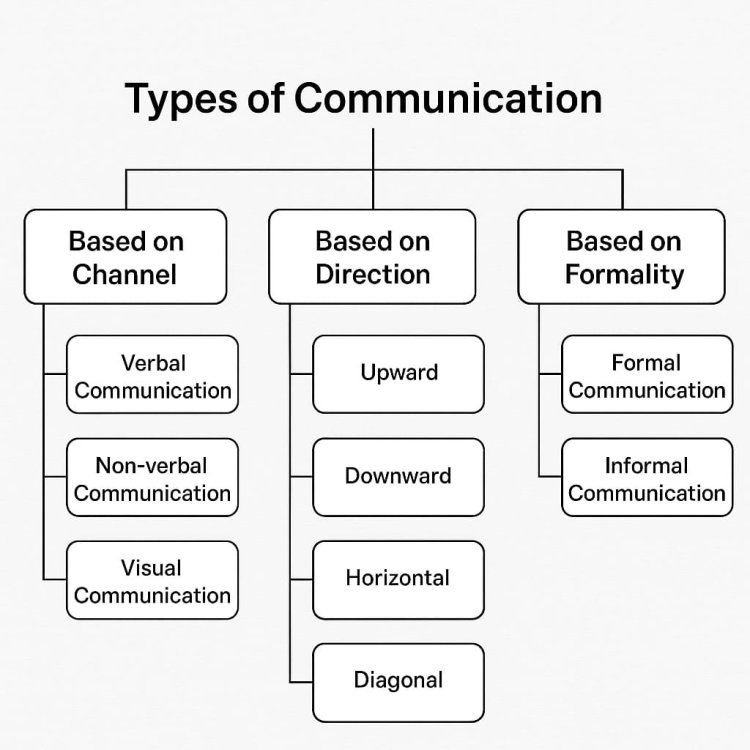
Barriers to Effective Communication
Type of Barrier Examples
Language barriers :- Different languages, unclear words
Physical barriers :- Distance, noise, faulty equipment
Psychological barriers :- Stress, anger, mood, low confidence
Cultural barriers :- Different customs, traditions
Listening barriers :- Not paying attention
Semantic barriers :- Misunderstanding due to different meanings
The 7 Cs of Effective Communication
"C" Meaning
Clear :- Message should be easy to understand
Concise :- Keep it short and to the point
Concrete :- Use specific facts and figures
Correct :- Free from errors
Coherent :- Logical and well-organized
Complete :- Include all necessary information
Courteous :- Be polite and respectful
Advantages of Effective Communication
- Builds trust and relationships
- Reduces errors and mistakes
- Ensures smooth operations
- Encourages innovation and creativity
- Increases motivation and job satisfaction
- Helps in conflict resolution
---------------------------------------------------------------------
What's Your Reaction?








